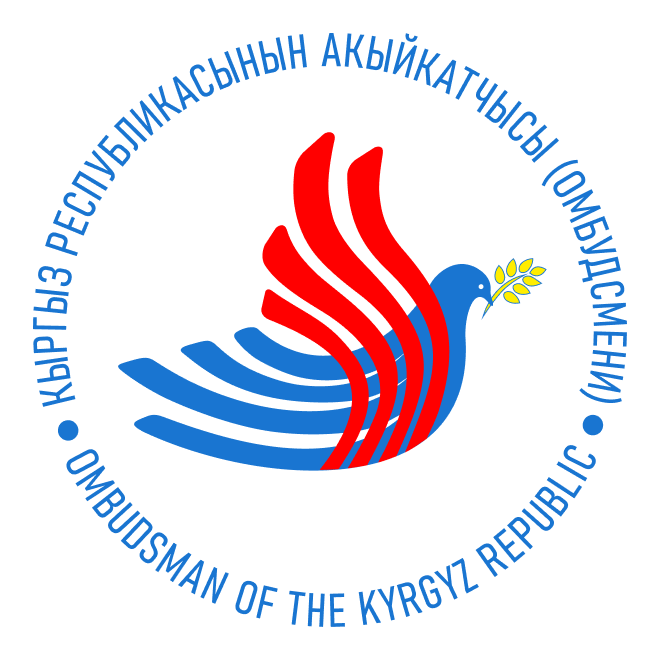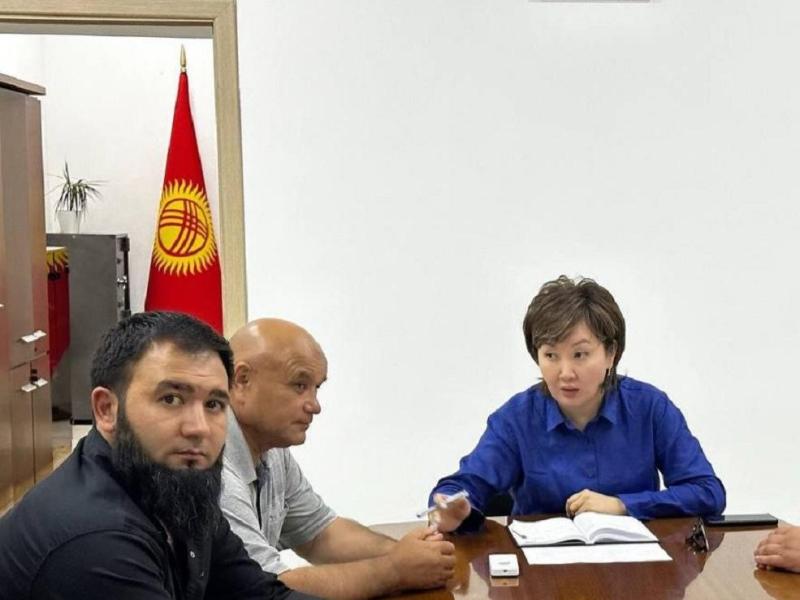A prisoner serving a life sentence had his leg amputated. The Ombudsman of Kyrgyzstan demands that he be provided with medical treatment
The Ombudsman of Kyrgyzstan, Dzhamilia Dzhamanbaeva, demands that the relevant government agencies ensure the protection of the rights of A.S., a prisoner serving a life sentence, and provide him with access to medical treatment and examination. Earlier, his leg was amputated, and according to a relative, he requires further examination and treatment.
The relative of the prisoner recently had a personal meeting with the Ombudsman. He expressed concern for the life of his relative, who is currently in Correctional and Medical Institution No. 31, and requested assistance in transferring him to the National Surgical Center.
It should be noted that A.S. was transferred from a colony to Correctional and Medical Institution No. 31 on July 13, 2023, for examination and treatment of type 2 diabetes.
Previously, on July 24, 2023, the relative of the prisoner contacted the Ombudsman's Institutution, reporting a violation of his right to access leg surgery. On the same day, representatives of the Ombudsman's Institutution visited the prisoner in Institution No. 31. He complained that the institution was obstructing the amputation surgery of his left thigh.
The representatives of the Ombudsman's Institutution held discussions with the institution's administration regarding the need to provide access to the surgery at the National Surgical Center.
On July 25, the prisoner underwent an examination, and on the same day, he underwent surgery at the National Surgical Center.
On July 28, the relative of the prisoner once again contacted the Ombudsman's Institutution, complaining about Institution No. 31. He insisted that the staff of the correctional medical institution be held accountable, as they were responsible for the amputation of his relative's leg due to their failure to provide timely access to a full examination.
On August 9, the relative of the prisoner made another request to the Ombudsman's Institutution, seeking assistance in hospitalizing him at the National Surgical Center.
The Ombudsman's Institutution has addressed the relevant government agencies, including the Special Prosecutor's Office, the Ministry of Health, and the State Penitentiary Service, regarding all the statements made by the prisoner's relative. The State Penitentiary Service responded that the prisoner was examined by a vascular surgeon, who concluded that there was no need for surgery on the other leg.
The Ombudsman's Institutution has once again contacted the State Penitentiary Service and the Ministry of Health, demanding the protection of the prisoner's rights. However, the prisoner has not yet been granted access to examination and treatment at the National Surgical Center.

